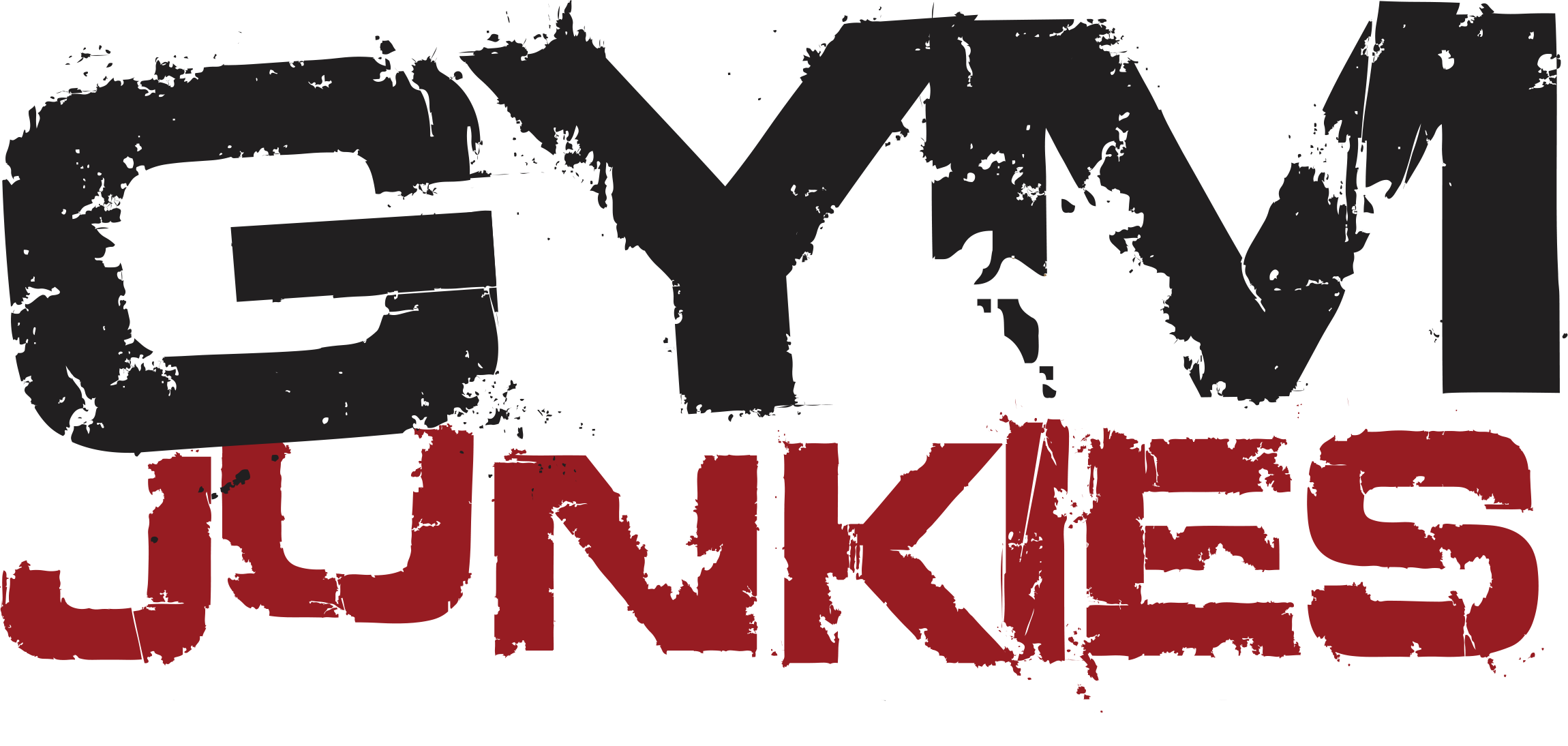
There are so many different ways to count calories. People often wonder, do you weigh your meat before or after you cook it? What really counts as carbohydrates? Do I count the carbs in the vegetables I eat? What about the thumb rule for fat? Different books and trainers are telling you to do different things. So naturally, many questions arise when we consider managing calories and macros.
Most importantly, everyone is making an attempt to measure and count. Whether you do a “if it fits your macros” (IIFYM) approach, weigh all your food, or simply eyeball in. In this article, we are going to explore the most important factors to stay consistent with your diet.
Managing Calories and Macros: Consistency Is Key

The first thing to keep in mind when we are talking about calorie counting, is how limited our accuracy actually is. Every individual banana, piece of chicken breast, and chunk of meat is going to be different from one another.
So many various factors go into how many calories these foods contain. From the macronutrients factors, to the density of the micronutrients.
Your consistency in what you are doing will help you combat the inconsistencies in these foods. By being consistent in our approach towards counting, we can compensate for the variations in the meals we consume.
By consistently applying the same approach regularly, we improve our accuracy.
No matter if you are meticulously counting your calories, or simply eyeballing it, this is important. At the end of the day, we are all looking for a way or system that works for us and our goals. Whether that is fasting, the keto diet, paleo diet, or whatever you prefer.
Caloric Deficit
If we are talking about a caloric deficit when managing calories and macros, it is vital that you continuously follow the same system. The reason being, that simply is the easiest approach to take. Not necessarily to be extremely meticulous with your counting, but be able to make slight changes over a period of time.
Meaning, if you have consistently measured your meat raw, try to measure some of the meat cooked. In the same way, someone measuring the amount of protein per meal by the size of their fist, or the amount of fat with their thumb, can do that a little bit less.
Now we are using an approach where the accuracy will come from continuously using the same method over time. After a period of time, accuracy comes from being consistent with our methods.
It is very important to know this, especially for the people who freak out if they eat slightly more than they planned. You cannot hit a home-run every single day you get on the field. Rather, we want to improve our average over time.
Managing Calories and Macros: Important Factors for Fat Loss

What truly matters when we lose fat is our caloric deficit over a longer period of time. Thus, the total deficit for the week overthrows the deficit in a specific day. Similarly, the day is more important than the meal, and the meal matters more than measuring your cashews.
A bad meal is not going to throw you off your fat loss journey, maybe not even a week.
Ask yourself; how was your month? If you were good during most days in that month, you are probably fine. Unless you went completely overboard during those 7 days.
Many clients are nervous when they want to go out on a Saturday night, and want to enjoy dinner with their family. Freaking out about how to measure it, and how to enjoy themselves without spoiling their whole diet.
Again, it is the accumulation of many consistent weeks that is of importance, not one cheat meal.
On the contrary, stressing out about how to keep your diet in check, can be worse than the cheat meal itself. When we are stressing, cortisol shoots up, and then we for sure are not able to burn much fat.
Not only that, but you cannot even enjoy your time with the family.
How to Implement Cheat Meals The Right Way

Let us say you are going out on a Saturday night. It is very simple to make up for that Saturday night dinner, if you are consistent the other days of the week. When you get to the dinner on Saturday, you know you are at a 1500 caloric deficit for the week, or whatever deficit you are at.
Now you are going to consume this meal. It is easier to think of this meal being in the range of 1500 calories, than attempting to count the oils and calories in the meal.
By consistently only having cheat meals on Friday, you know what you are working with. Some days you might have a salad, other days you have a large meal with fries and dessert. In the same way, if you enjoy dessert after every Friday meal, eat that dessert every Friday.
In keeping things consistent, we know what we are working with and what we can change when needed. And you will still be able to reach your goals over the weeks in your fat loss program.
Inconsistency in Your Fat Loss Journey
To be fair, the more fat you have to lose, the less inconsistency matters. Because one week of not completely being on target, does not matter much if your diet is going to be for 24-48 weeks.
On the other hand, if you are dieting for a shorter period, one week matters much more. At this point, accuracy is very important.
But like we said, if your program is as long as 24 weeks, it matters less. One week where your deficit is 200 calories is fine, if the average for the whole week is 1500 calories or whatever your goal is.
Thus, the longer a program is, the easier it is to use consistency as the main factor. The shorter the program, the more necessary it is to be accurate with your measurements.
Every Individual Is Different

Often, we are too attached to short term goals and instant gratification; I start my diet today, and want to see a change tomorrow. Our bodies simply do not function like this. Some people even gain weight in the very beginning.
It is not out of the ordinary for the scale to even go up, or stand still for the first few weeks of dieting. This is why it is necessary to look at the journey as a whole, and never compare yourself with anyone else.
Many things are happening inside of our bodies, so if you have at least 20 lbs to lose, do not freak out about the first two weeks. This is also why having a coach can be helpful for both your approach and mental wellness.
If you do not understand the physiological changes that take place, you might become emotionally reactive to what happens with the scale or how you look in the mirror. This is not good, because you are likely going to make some poor decisions in your programming.
With a knowledgeable personal trainer, he or she can tell you what to expect. Also, where you should begin, and how you are going to be tweaking things as the diet progresses.
Your first weeks of counting might rely on an educated guess, but it is more to see where you are standing. This way, you will know what you have to increase or decrease, add or remove.
Averages Are Inaccurate
Especially for beginners, we are introduced to averages. These might be body mass index (BMI), body fat percentage, gender, and activity and energy multipliers. Then, we proceed to make calculations and measurements based off that.
The problem is, these averages are extremely inaccurate. This is because these measurements are based on the average, but most of us are not average. Thus, the average becomes very inaccurate.
In the same way, the multipliers are based on averages. And the averages have huge discrepancies. They might tell you your maintenance is between 1500-1700. However, 200 calories is a big difference, and might make or break your diet.
The more muscle mass you have and the harder you train, the harder it becomes to measure any of these things. A large person with big muscles cannot be compared to a small person, so there are very many factors taking place.
Should I Eat More Calories on Workout Days?

Another point is that people like to refer to their maintenance calories. The problem with this, is what your maintenance was at one point, will change with your lifestyle and training program over time.
How often you are training, what type of training you are doing, and even going from a construction to an office job. This makes it very vital to pay attention to how your body is reacting to changes every day.
Instead of focusing on some measurements you took in the past, because this will change from day to day.
This week, your maintenance might be 2000 calories, but next week you are going back to work. These changes in your daily life affects your caloric needs from day to day, and week to week.
Conclusion
The bottom line when it comes to managing calories and macros is to be consistent. Not consistent in any special way, but in the way that fits your goals and lifestyle. Foods, macronutrients and calories vary so much from each individual food. Therefore, these numbers will never be 100% accurate. However, your consistency with your preferred approach will help combat the inconsistencies in the various types of foods. Lastly, it is crucial to remember that your caloric needs will change from day to day. Dependent on your lifestyle changes, type of training and of course muscle mass and strength.
Thank you for reading our article!
– Terry Asher
Terry Asher
Latest posts by Terry Asher (see all)
- Better Family – Product Review Liquid Daily 2 oz - Dec 16, 2024
- Post-Workout Recovery: The Key to Optimal Performance - Nov 25, 2024
- Pre-Workout Supplements – Everything You Need To Know - Nov 18, 2024












[…] Not all communities offer free public gyms, meaning you will have to consider your budget when choosing your new gym. You need to evaluate your commitment level before investing in a higher-end gym. If you’re just starting and unsure whether you will stick, it’s best not to break the bank. So, stick to the lower budget gyms unless you’re prepared to use the gym regularly and consistently. […]
[…] you have ever tried to follow your macros and diet plan, you know how difficult it can be to be 100% accurate. Especially if you want to eat […]
[…] you have ever tried to follow your macros and diet plan, you know how difficult it can be to be 100% accurate. Especially if you want to eat […]
[…] you have ever tried to follow your macros and diet plan, you know how difficult it can be to be 100% accurate. Especially if you want to eat […]
[…] Source link […]
[…] you have ever tried to follow your macros and diet plan, you know how difficult it can be to be 100% accurate. Especially if you want to eat […]
[…] us say your offseason is 8 months. You are going to have to eat a certain amount of calories, however much is necessary for you to be in a surplus. And with that comes a little extra body fat, […]
[…] you have ever tried to follow your macros and the diet plan, you know how hard it can be to be 100% accurate. Especially if you want to eat […]
[…] you have ever tried to follow your macros and diet plan, you know how difficult it can be to be 100% accurate. Especially if you want to eat […]